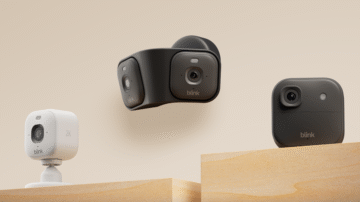On September 30, 2025, smartphone maker Nothing launched Playground, an AI tool that enables users to create apps using simple text prompts. This tool is designed for deployment on the Essential Apps platform.
Features of Playground
Playground currently allows users to build widgets, such as a flight tracker or a virtual pet, from scratch using text prompts. Users can also customize existing apps on the Essential Apps platform. More technical users have the option to modify the code to adjust app functionality.
However, Nothing has stated that full-screen apps cannot yet be built due to the current immaturity of the technology. The company has only launched one AI-enabled app, Essential Space, which allows users to share screenshots, record voice notes, and transcribe meetings.
Company Background and Future Plans
Nothing recently raised $200 million in funding, led by Tiger Global. CEO Carl Pei expressed a desire to build an operating system with AI-powered features and develop AI-centric devices. He noted that smartphone makers are often hesitant to innovate software, which he believes is progressing too slowly.
Pei stated, “With breakthroughs in AI, we believe that operating systems will change and become more personal.” He emphasized that current devices have significant contextual information that is not being utilized effectively.
Although Nothing has a small market share, less than 1% according to IDC, Pei believes this position is advantageous for developing hardware tailored for AI. He acknowledged that while vibe coding shows promise, similar apps have faced challenges due to security and maintenance concerns.
Pei mentioned that maintaining security while allowing developers to create apps will be crucial. He stated, “Whatever we ship should be easy to use and hard to make a mistake on.” Currently, Nothing is not charging for these AI tools, focusing instead on building a community around them.



